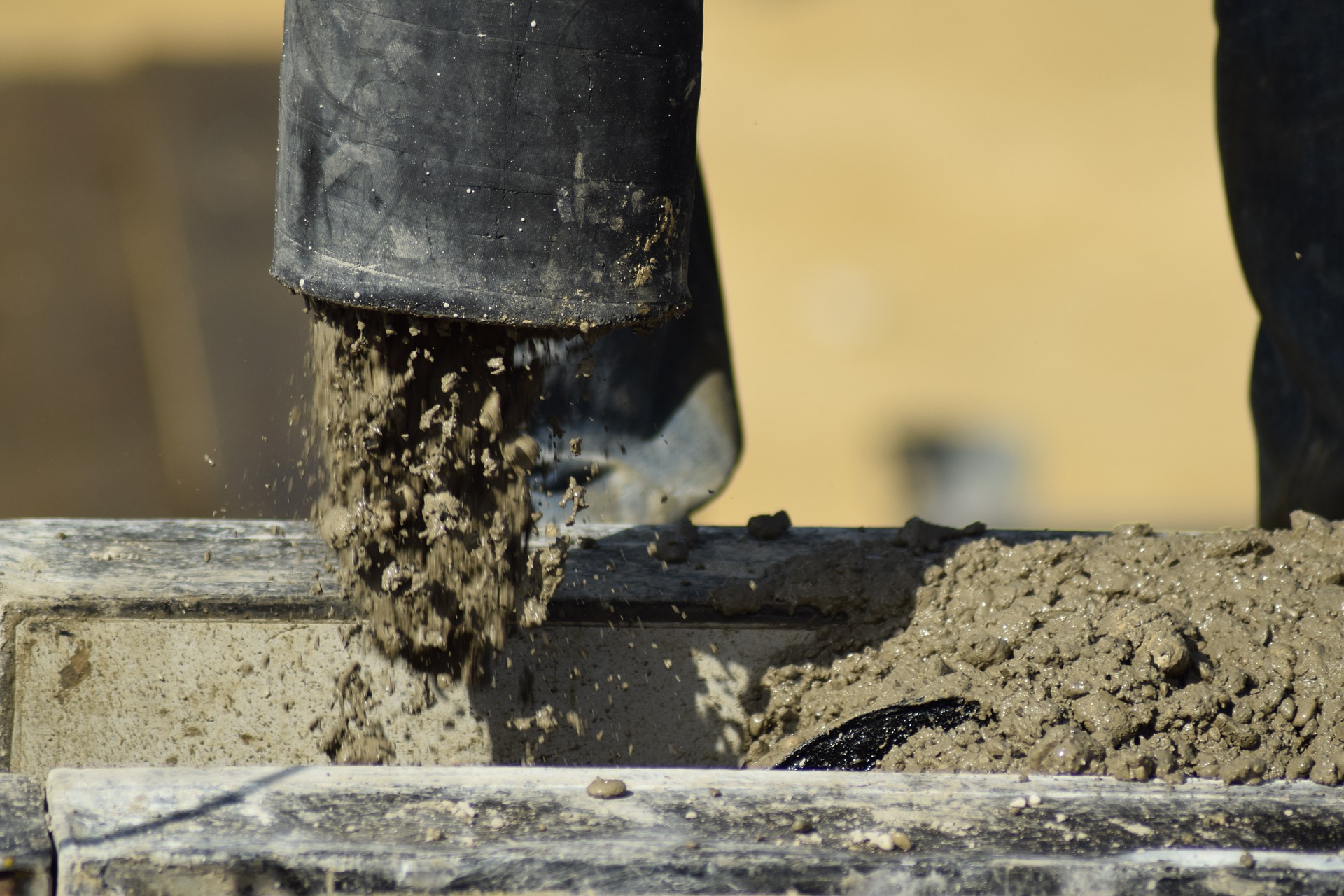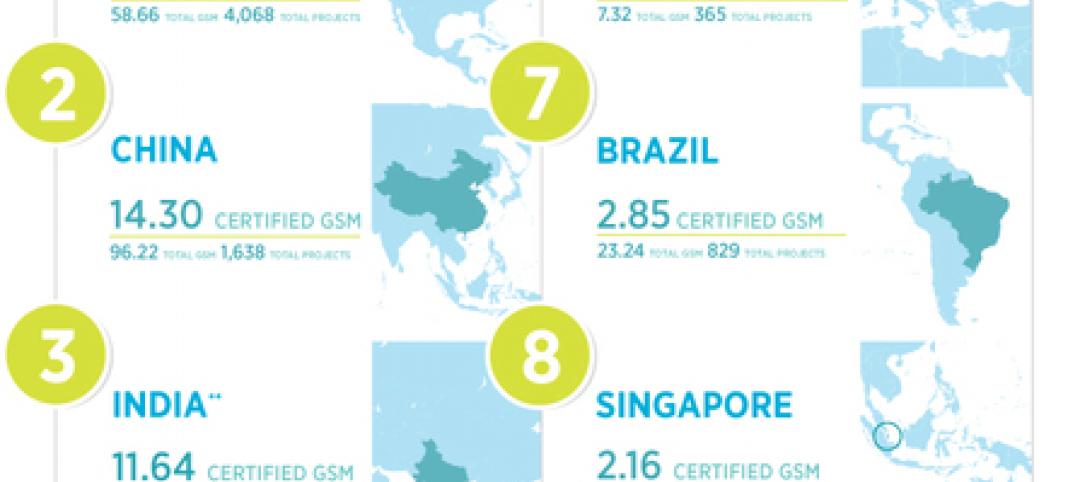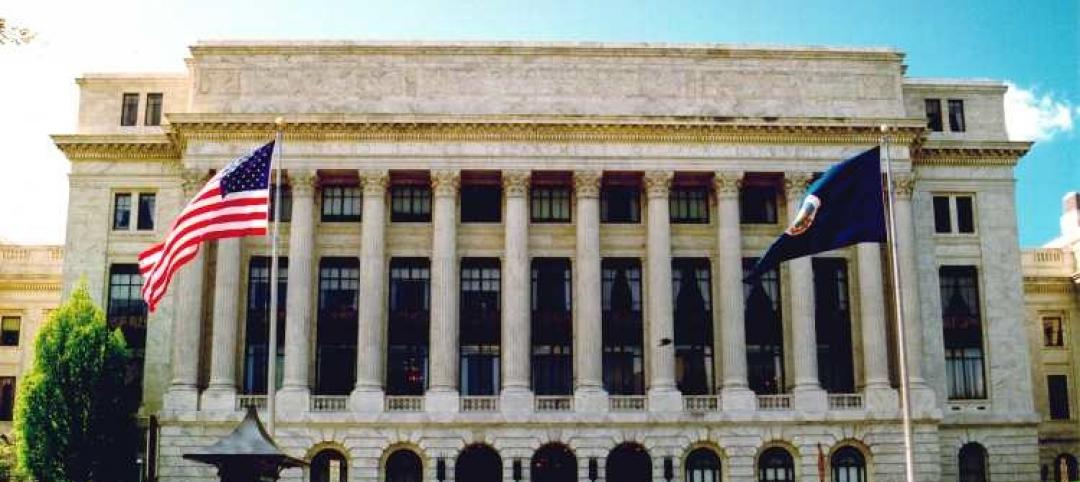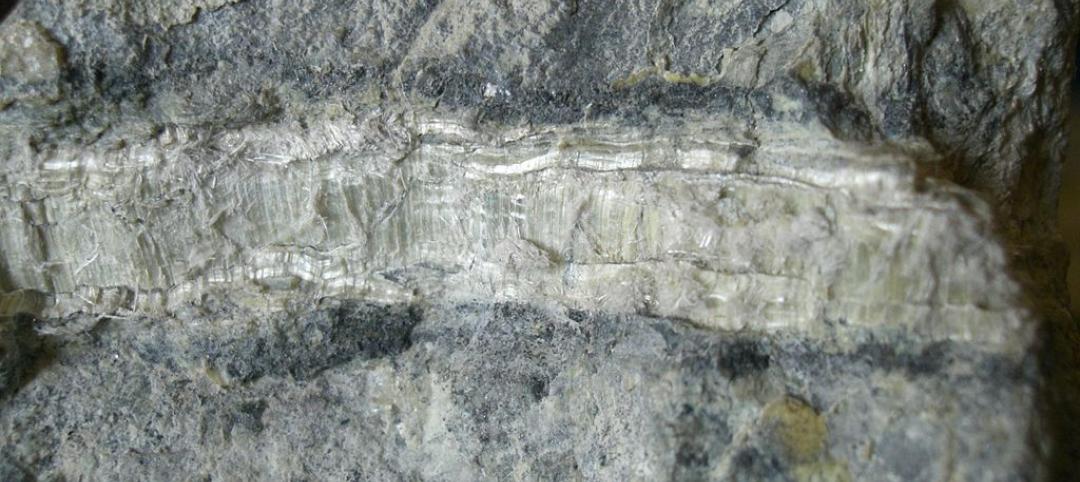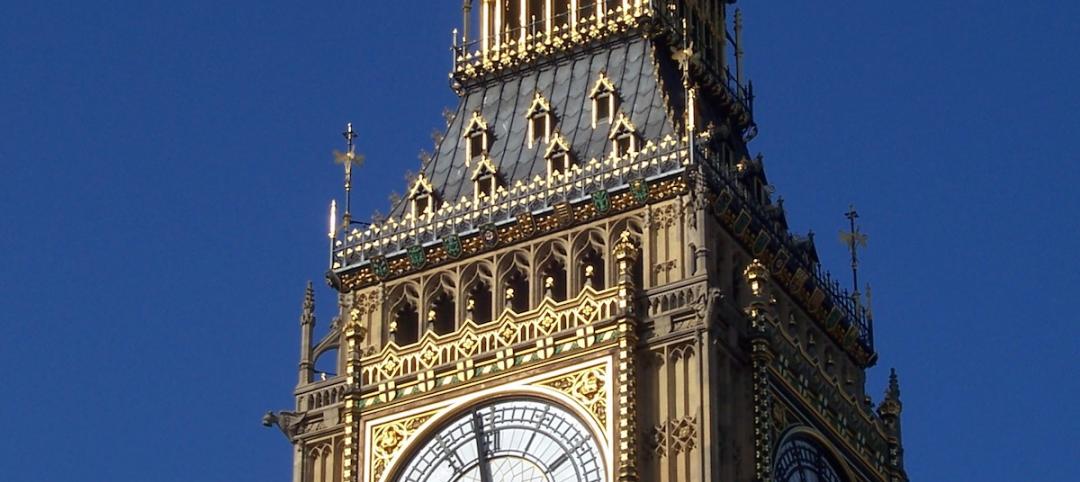New York State recently adopted emissions limits on concrete used for state-funded public building and transportation projects. It is the first state initiative in the U.S. to enact concrete emissions limits on projects undertaken by all agencies, according to a press release from the governor’s office.
The rule goes into effect on Jan. 1, 2025, and requires that environmental product declarations (EPDs) be submitted for all concrete mixes used on qualifying state-funded projects. The new Buy Clean Concrete guidelines apply to Department of Transportation projects exceeding $3 million and using at least 200 cubic yards of concrete. For other state agencies, the rule applies to projects costing more than $1 million and using more than 50 cubic yards of concrete.
The guidelines include exceptions for emergency projects and those requiring high-strength or quick-cure concrete.
“These actions will send a clear market signal to concrete producers in New York State and the Northeast region to disclose the carbon content of their products and reduce the associated GHG emissions,” said Rebecca Esau, AIA, manager in Rocky Mountain Institute’s Carbon-Free Buildings Program.
Related Stories
| May 2, 2014
Top 10 countries for LEED buildings outside the U.S.
The list of the top 10 countries for LEED reflects the global adaptability of the world’s most widely used and recognized system guiding the design, construction, operations and maintenance of green buildings.
| Apr 30, 2014
GSA wants to trade D.C. office building for construction and development services
The GSA has issued an RFQ seeking developers who can provide construction and development services in exchange for the GSA Regional Office Building and Cotton Annex located in Southwest Washington, D.C.
| Apr 30, 2014
Mexico City spending big on green roofs to fight air pollution
Although green roofs have been widely adopted in urban areas to reduce the heat island effect and stormwater runoff, Mexico City is hoping that vegetative rooftops can also reduce the city’s air pollution.
Smart Buildings | Apr 28, 2014
Cities Alive: Arup report examines latest trends in urban green spaces
From vertical farming to glowing trees (yes, glowing trees), Arup engineers imagine the future of green infrastructure in cities across the world.
| Apr 16, 2014
OSHA proposes $2.3 million in fines against Olivet Management for exposing workers to asbestos and lead
Olivet Management LLC, a real estate development and management company, faces $2.3 million in proposed fines from the Occupational Safety and Health Administration.
| Apr 10, 2014
OSHA’s construction safety advisory committee invites input on construction regulations
The Occupational Safety and Health Administration will hold a meeting of the Advisory Committee on Construction Safety and Health May 7-8, 2014, in Washington, D.C.
| Apr 4, 2014
Cleveland’s sewer authority to pay developers for green solutions to stormwater runoff
The district’s intent to use natural features to absorb stormwater reflects an urban trend that other cities including Philadelphia and Detroit have embraced.
| Mar 30, 2014
Solar panels on Big Ben intended to spur U.K.’s sustainability targets
Solar panels may soon be installed on the face of Big Ben in London as part of the U.K.'s initiatives to reach its greenhouse gas emissions objectives under the Climate Change Act of 2008.
| Mar 26, 2014
EPA clarifies Clean Water Act in revision that was opposed by developers
The Environmental Protection Agency recently unveiled a rule designed to define more clearly which waterways are covered by the Clean Water Act and therefore require U.S. permits for certain activities.
| Mar 26, 2014
Associated Builders and Contractors wary of federal overtime rules changes
Associated Builders and Contractors (ABC) cautioned that President Obama’s directive to the U.S. Department of Labor to change federal overtime rules could harm its members.


